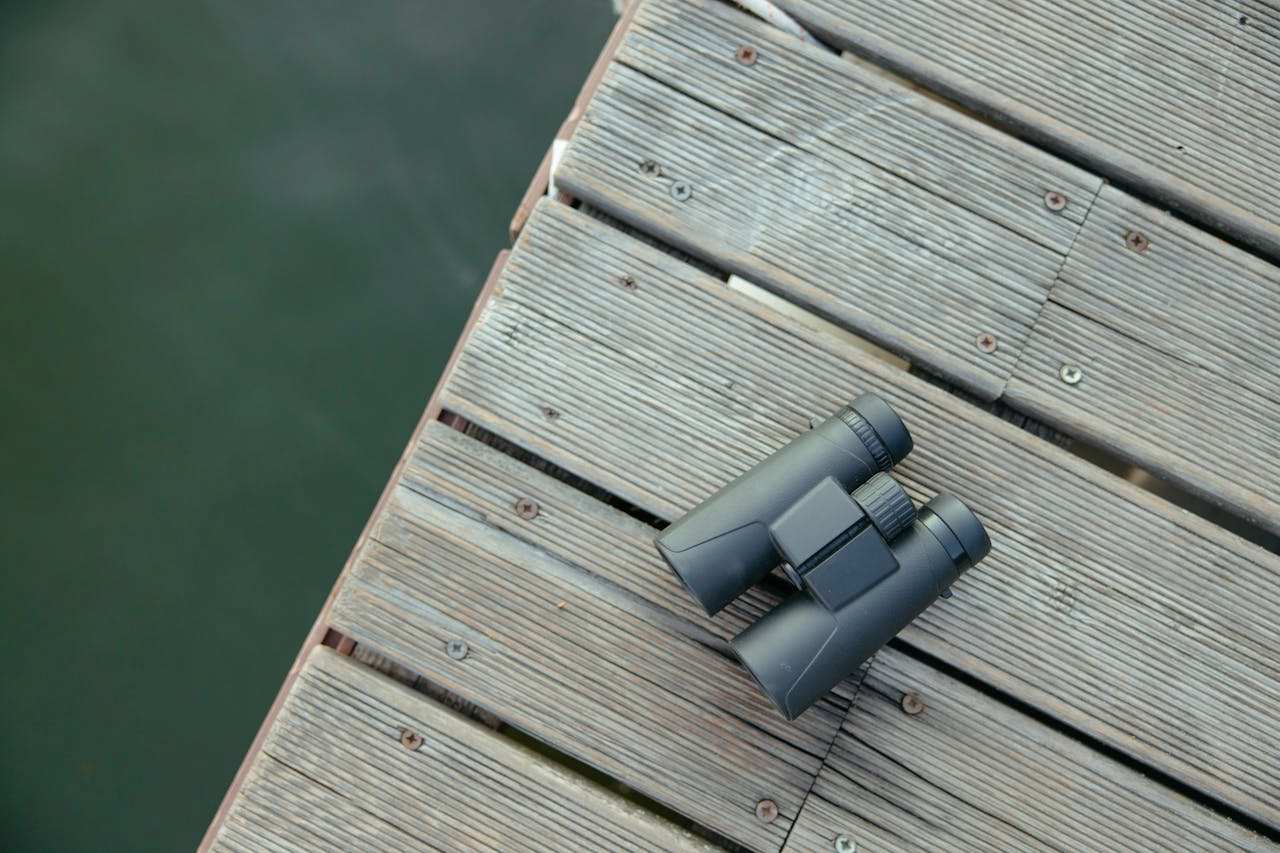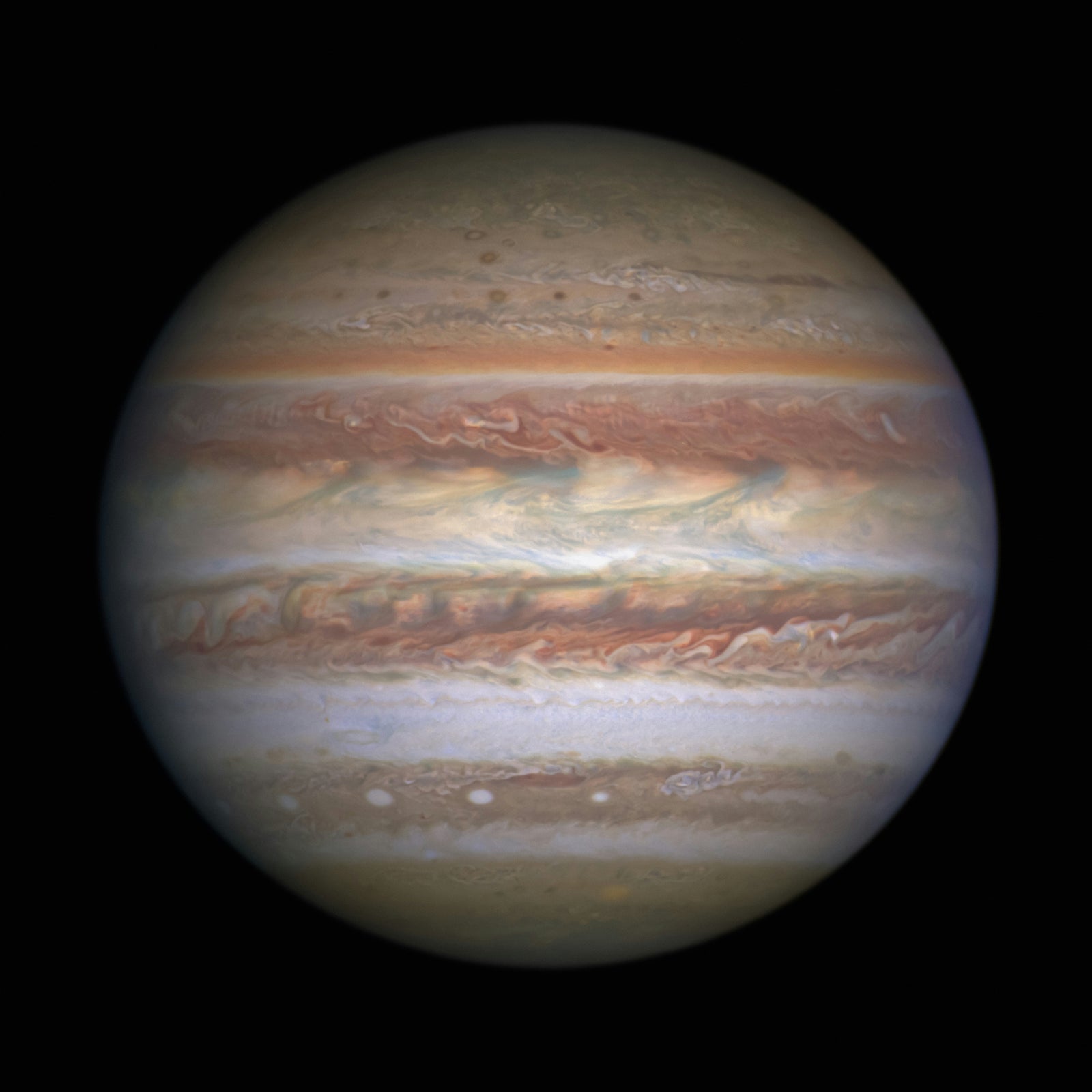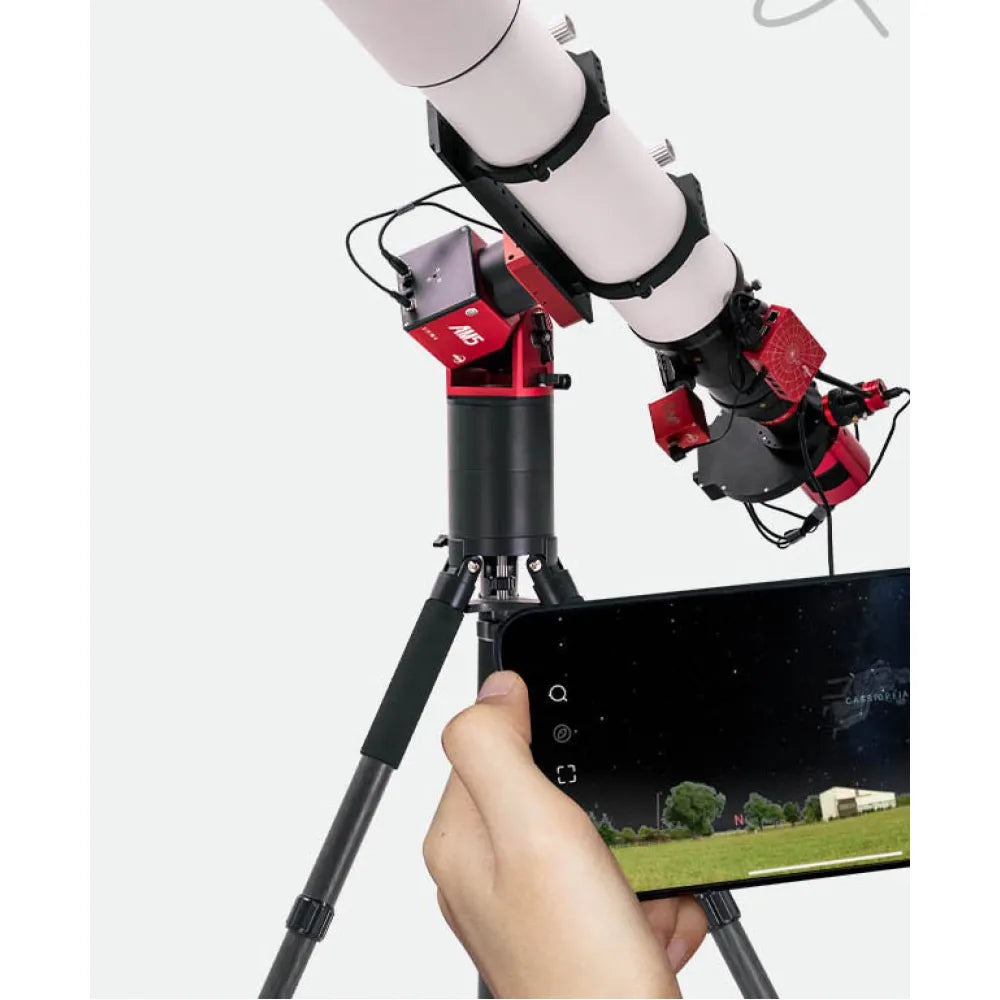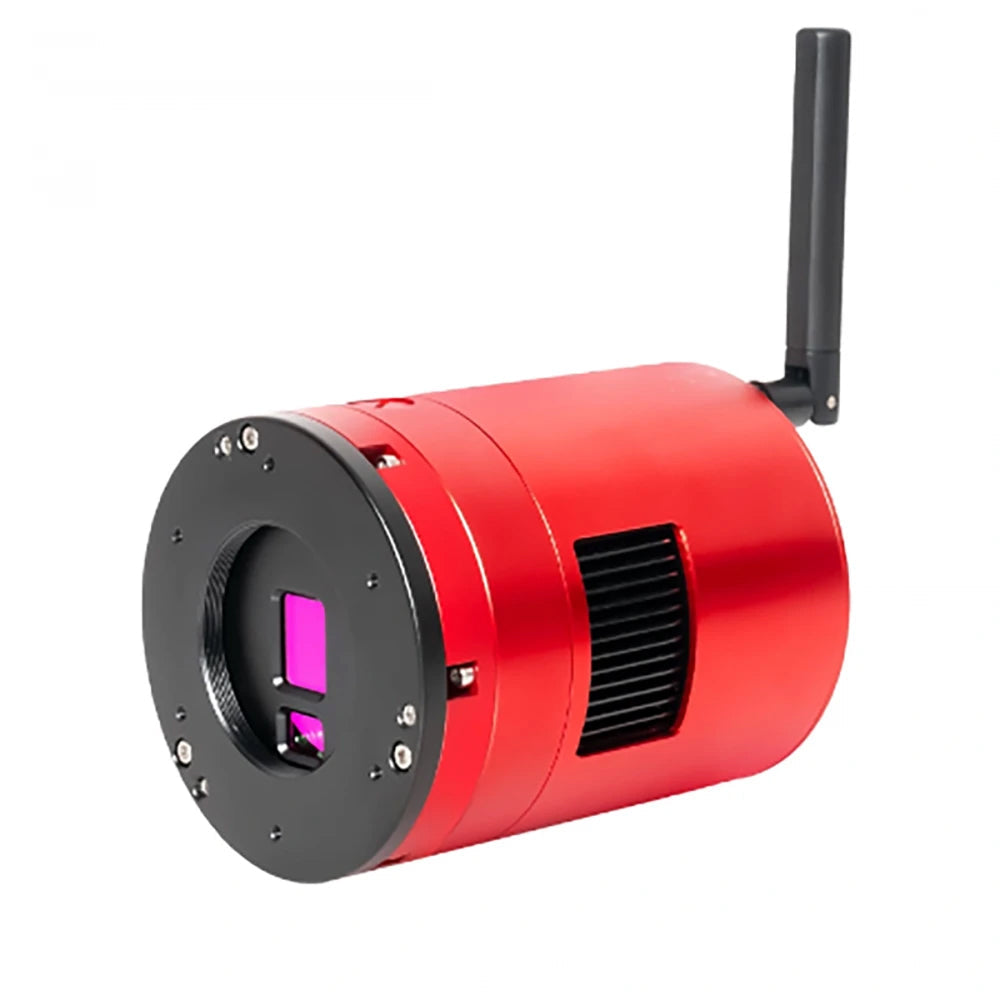Great RACI that makes it really easy to star hop. Paired this StellaLyra RACI with a skysurfer iii on my celestron c6 and together they work great together. Crosshair is clear against sky despite not being illuminated, and the views through the scope are crystal clear - could easily visualise Andromeda and Jupiter’s moons through it. Well built, highly recommend. Vega Vision service second to none - fast delivery, well packed, great comms ✨
The Dwarf3 telescope looks good easy to set up as a pensioner ILike it but not able to use it yet many thanks.







